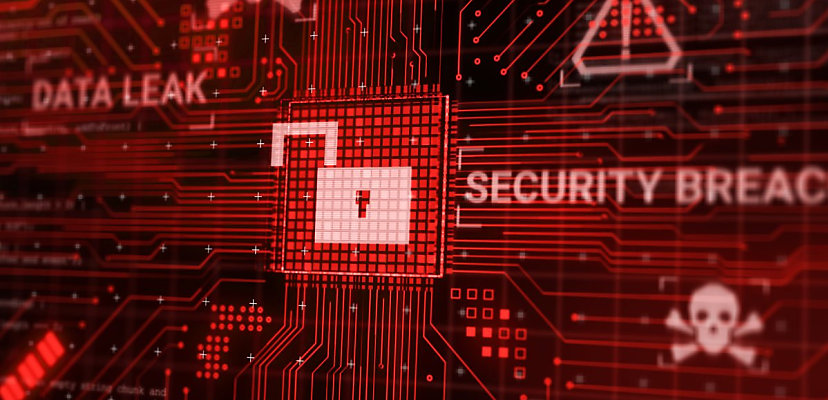Share this article on:
Powered by MOMENTUMMEDIA
Breaking news and updates daily.
As companies collect more and more data, the risk of a breach becomes more and more impactful.

Millions of individuals have had their data stolen and compromised in 2024. From healthcare providers to VPN operators and entertainment companies to productivity platforms, 2024 has shown that data held by even some of the largest companies is not immune to cyber attacks and subsequent data breaches.
The founder of Blue Goat Cyber, Christian Espinosa, feels that the arms race between network defenders and threat actors – as vicious as it has been in the last 12 months – has some lessons that are worth learning.
“The role of data in modern society and business has expanded rapidly over the past few years,” Espinosa said.
“As companies collect and collate more data, both to improve internal efficiency and to offer more specialised services to their customers, this also increases the worth of the target for any would-be cyber criminals out there.”
So here are five 2024 cyber incidents to learn from in the year ahead.
Ivanti VPN breach
Several US government entities were breached using a pair of vulnerabilities in Ivanti Connect Secure VPNs, including the non-profit MITRE Corporation dedicated to research funded by the US government.
“This attack represents a couple of rising trends in cyber security, one of which is the increased targeting of virtual private network providers,” Espinosa said.
“However, the most pertinent is the targeting of exploits in unpatched software. Being slow to patch your apps and systems can leave your system open to attacks, so be sure to keep yours up to date.”
National Public Data breach
About 2.9 million people had their personal details, including Social Security numbers and family details, breached and put up for sale on a popular hacking forum by the infamous hacker USDoD.
“One of the most concerning things about this attack was the lack of even basic cyber security measures to protect such vital data,” said Espinosa.
“The use of simple security measures, such as encrypting your storage and changing your password from the default could help you avoid a breach of this severity.”
Change Healthcare breach
In February, one-third of the entire population of the United States had its medical data exposed in a massive data breach the ALPHV ransomware-as-a-service operation.
“This attack highlighted, in particular, the weakness of the security infrastructure of the healthcare industry in the US,” Espinosa said.
“However, it’s also another example of extortion in the case of data breaches, with the stolen data winning the hackers a ransom of US$22 million. In this case, the system was exploited using a piece of remote access software. It could have been avoided by Change simply having disconnected the software, as you should do with any software that could allow anyone else to access data remotely.”
Trello data leak
About 15 million users of the Trello productivity platform had their details shared online in July, costing the company up to US$10 million in damages.
“There are a couple of tips we can learn from the Trello leak,” Espinosa said.
“Businesses should learn to be continuously mindful of their reliance on APIs, especially where sensitive data is concerned. For the average user, however, it’s important to stay up to date on high-profile hacks, as the hackers were able to use legitimate data gathered from these servers to carry out a wide campaign of fraud.”
Ticketmaster data breach
The ShinyHunters hacking collective made headlines with a data breach that impacted 15 million innocent fans of live music and other entertainment and their payment details.
“Cloud software was the culprit in this case,” Espinosa said.
“Or, more accurately, misconfigured cloud software. Companies like Ticketmaster leave themselves open by relying on cloud companies that don’t prioritise proactive security measures, as the hackers used malware to steal the login details of an employee of the cloud company they used.”

David Hollingworth has been writing about technology for over 20 years, and has worked for a range of print and online titles in his career. He is enjoying getting to grips with cyber security, especially when it lets him talk about Lego.
Be the first to hear the latest developments in the cyber industry.